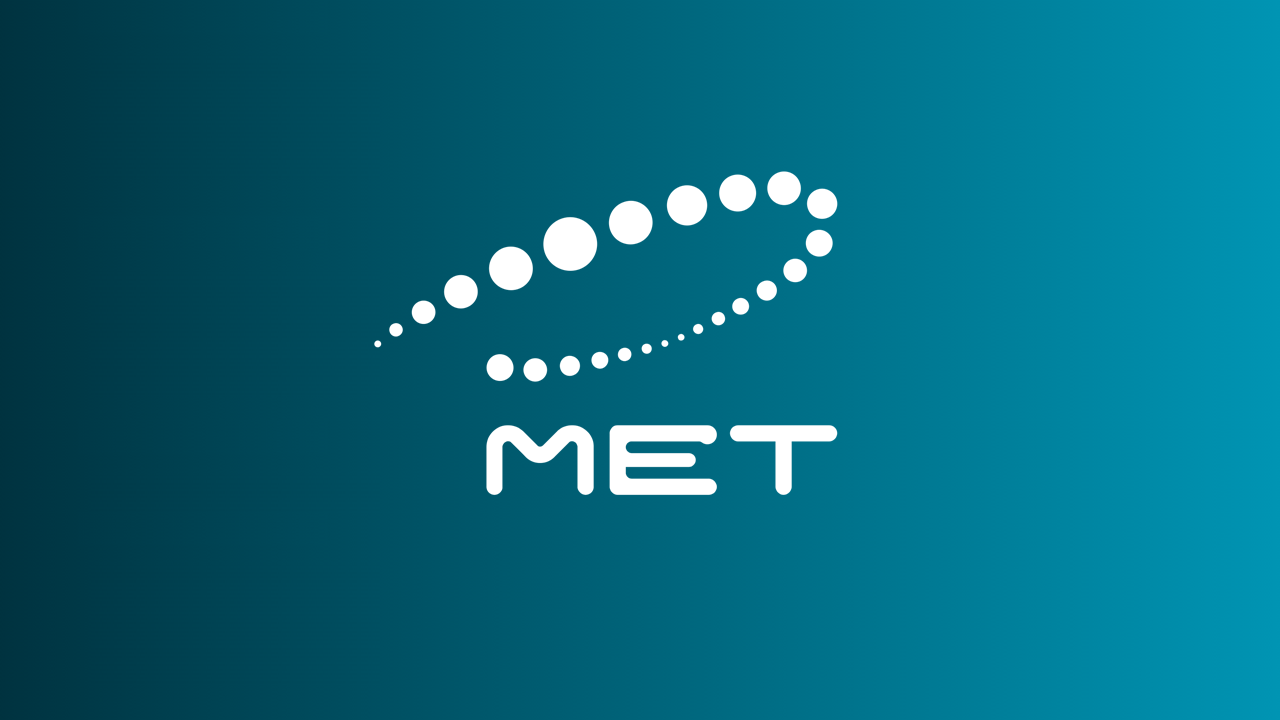
Patients participating in the research were tested using Holter-EEG devices, which can register the brain electrical activity over the course of 24 hours. The device was donated by MET Hungary. The scientists revealed correlation between epilepsy and Alzheimer's disease by analysing data collected over a three-year long period.
Today, nearly two hundred thousand people live with Alzheimer's disease in Hungary. Only early diagnosis and treatment can help to preserve the quality of life of those suffering from this devastating disorder, for which there is no cure at this point in time. The Alzheimer-Epilepsy Research Group proved that one-quarter of patients with Alzheimer's disease develops epileptic seizures, while half of patients show pathological epileptiform activity. The research team is supported by the Hungarian Brain Research Program, and operates in the National Institute of Clinical Neurosciences.
„This is a significant result as the cognitive function of patients with epilepsy on top of dementia deteriorates twice as fast as the condition of other Alzheimer patients. As medication to alleviate epilepsy symptoms is already available, this can serve as a new therapeutical targetpoint against Alzheimer's disease,” said Dr. András Attila Horváth, medical scientist at the Alzheimer-Epilepsy Research Group and lecturer at Semmelweis University Faculty of Medicine.
Initial results show that certain types of antiepileptic drugs are able to improve the quality of life for patients and slow down progression of the disease.
This remarkable result was achieved using a 32-channel Holter EEG monitoring device, which was donated by the CSR program of MET Hungary. The device is an excellent tool for registering brain electrical activity for a 24-hour period without interruption, using electrodes placed on the head. Almost eighty patients were monitored in this way over the last three years.
To date, results have been published in 11 international and Hungarian scientific journals, including the high-ranked Journal of Alzheimer's Disease. The findings were also presented at the congress of the European Academy of Neurology this year – chosen by a board of the expert organizing committee for the section called Breaking News.
The research conducted within the National Institute of Clinical Neurosciences is truly outstanding on an international level. There are only a few research teams worldwide that work on this important subject. In addition to the Hungarian team, there is only one US research group using the special intracranial EEG recordings.
A new patient with dementia is diagnosed in the world once in every four seconds, while the number of new cases registered amounts to 7.7 million each year. Dementia is one of the most common diseases associated with aging, affecting an increasing number of patients, as they grow older. The most common cause of dementia is Alzheimer's disease.
